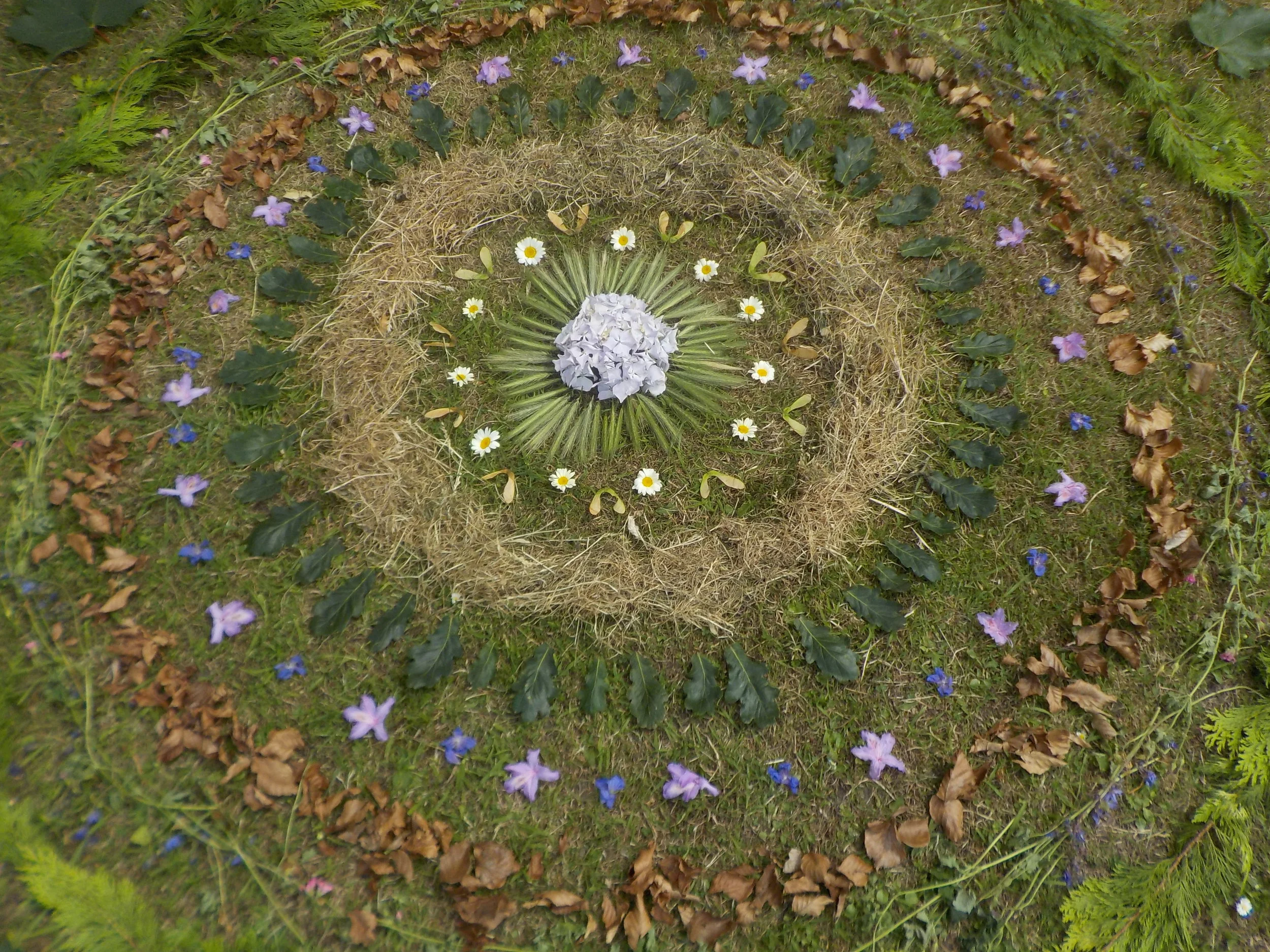It’s not rocket science…
We all know instinctively that nature is good for us. Getting outdoors in the fresh air, being physically active, feeling the sun on our face, getting our hands dirty…these things make us feel better. If you like a bit of science with your common sense, more and more research is being done into why this is so.
Social and Therapeutic Horticulture is a growing and increasingly documented discipline using gardening, growing and exposure to nature to improve the lives of people with a wide range of support needs. There now exists a large body of research and evidence on the effects of STH, with the leading charity Thrive providing support and training to practitioners and projects. There are many different ways of approaching the discipline, and many different terms used within the field (eco therapy, nature therapy, therapeutic horticulture, green care). All have the common goal of enabling people to benefit from the therapeutic benefits of nature and green-spaces.
“If researchers had proposed 20 years ago that gardens and gardening could improve medical outcomes they would have been met with derision and scepticism. We now have studies showing that psychological and environmental factors can affect psychological systems and health status.”
Researchers at Bristol University discovered that there is a bacterium in garden soil, mycobacterium vaccae, which increases serotonin levels in our brains. That makes you feel more positive and relaxed and helps you to think more clearly. You inhale it simply by turning over the soil. The Brain in the City project monitored people’s brain-waves to show that nature enhances mood and improves health and wellbeing. More and more work is being done to ‘prove’ the science behind what we instinctively know and have always known, even if modern life does its best to make us forget.
In 2009, the United Nations General Assembly proclaimed 22 April as International Mother Earth Day. Their Harmony with Nature report states ‘Perhaps the greatest lesson to be learnt from the wisdom of sacred traditions is also the simplest; to honor creation by nurturing a kinship with nature. This assertion is most revealing in how ancient civilizations viewed the human body in relation to Mother Earth and how harmony with Nature was the essence of good health.’
23%
of children in Liverpool are classed as obese
2 out of 3
adults in Liverpool are physically inactive
25.7%
of the local community are living with a long-term disability or health condition
4-6 hours per day
average time a survey by British Heart Foundation found that children age 2-15 years spend at sedentary activities (mainly screen-based)


